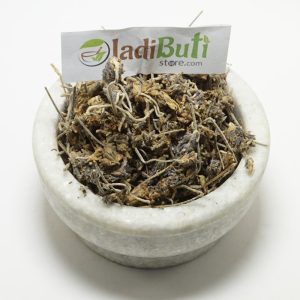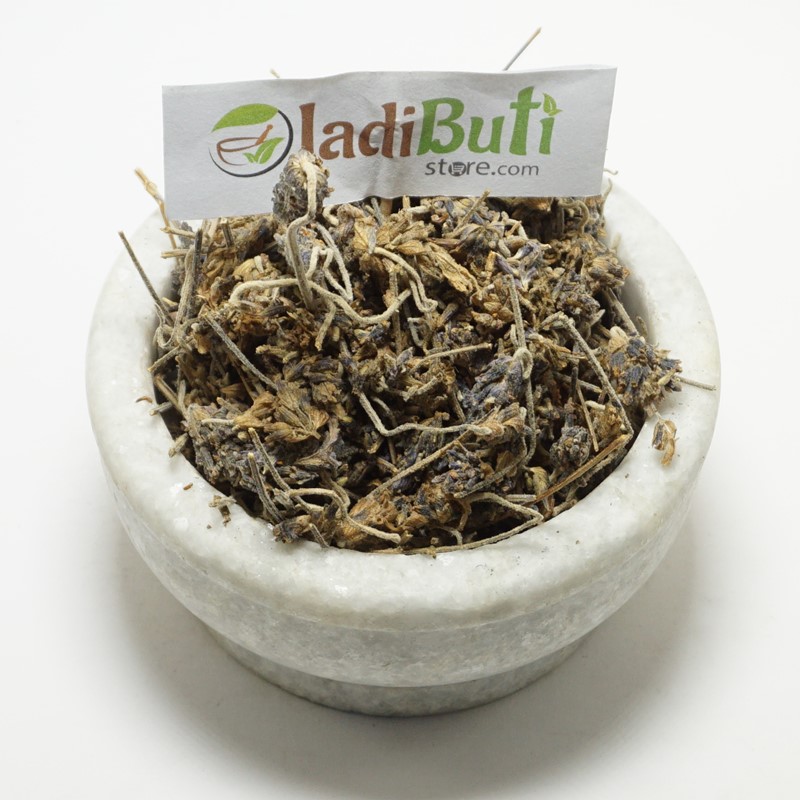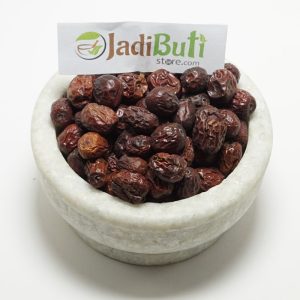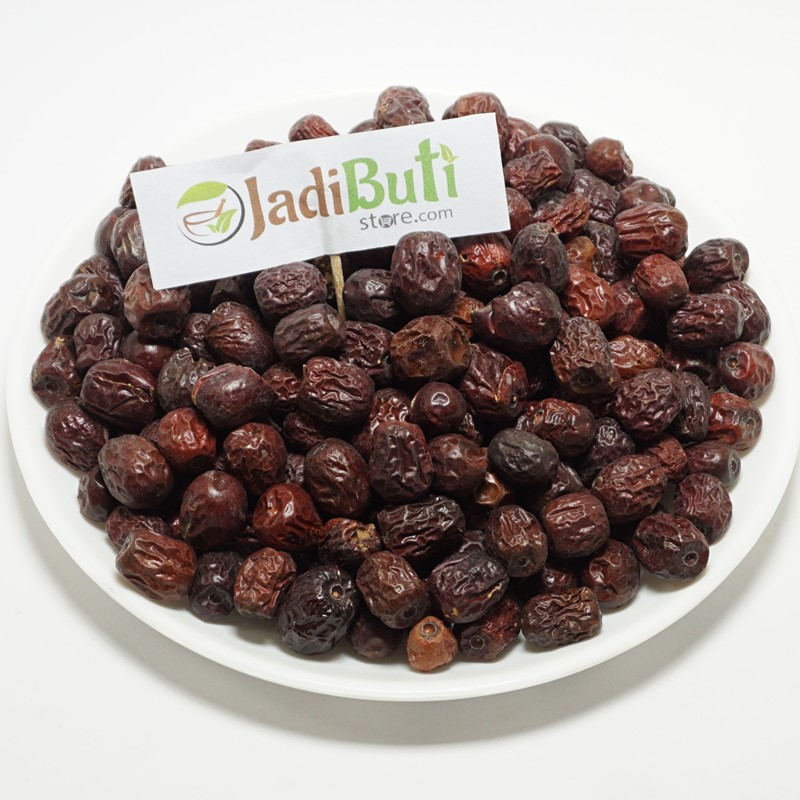U
-


Lavender -UsteKhadoos – उस्तेखादूस – Arabian Lavender – Lavandula stoechas
₹170.00 – ₹1,785.00Common name: Lavender, Ustukhuddus, Scientific name: Lavandula angustifolia
Parts used: Flowers, oil (These are dried flower)
Ayurvedic properties of lavender:
- Rasa (taste): Lavender has a bitter and pungent taste.
- Virya (energy): Lavender has a cooling or calming energy.
- Vipaka (post-digestive effect): Lavender has a pungent post-digestive effect.
- Guna (quality): Lavender has light and dry qualities.
- Dosha (effect on doshas): Lavender can balance pitta dosha, but may aggravate vata dosha in excess.
- Prabhava (special quality): Lavender is known for its calming and soothing effect on the mind and body.
Ayurvedic benefits of Lavender:
- Relaxation: Lavender is known for its calming and relaxing properties. It can help reduce stress, anxiety, and promote relaxation.
- Skin health: Lavender oil can help soothe and heal various skin conditions such as acne, eczema, and psoriasis. It has anti-inflammatory and antimicrobial properties that can help reduce inflammation and prevent infections.
- Sleep: Lavender can help promote sleep and improve the quality of sleep. It can also help with conditions such as insomnia and sleep apnea.
- Respiratory health: Lavender can help improve respiratory health and relieve conditions such as cough, cold, and asthma.
- Headache: Lavender can help relieve headaches and migraines. It has a soothing effect on the nervous system and can help reduce tension and pain.
- Digestive health: Lavender can help improve digestive health and reduce conditions such as bloating, gas, and nausea.
- Hormonal balance: Lavender can help regulate hormonal balance and reduce symptoms of PMS and menopause.
-


Unnab ber – उन्नाब बेर – Jujube Fruit – Ziziphus jujuba
₹120.00 – ₹955.00Jujube (Unnab in Ayurveda), Scientific Name: Ziziphus jujuba. Family: Rhamnaceae
Native Region: Jujube is native to China, but is now widely cultivated throughout the world, including in India, the Middle East, and North America.
Parts Used: Fruit, seeds, leaves, bark (This is Fruit)
Ayurvedic Properties:
- Rasa (taste): Sweet, sour
- Guna (quality): Light, dry
- Virya (potency): Cooling
- Vipaka (post-digestive effect): Sweet
- Doshas: Pacifies Vata and Pitta doshas
Ayurvedic Uses:
- Improves digestion
- Boosts immunity
- Helps manage stress and anxiety
- Supports heart health
- Promotes skin health
- Helps regulate blood sugar levels
- Improves bone health
- Provides relief from respiratory problems
- Promotes healthy hair
- Supports liver health
- Provides relief from menstrual cramps
- Helps to reduce inflammation
